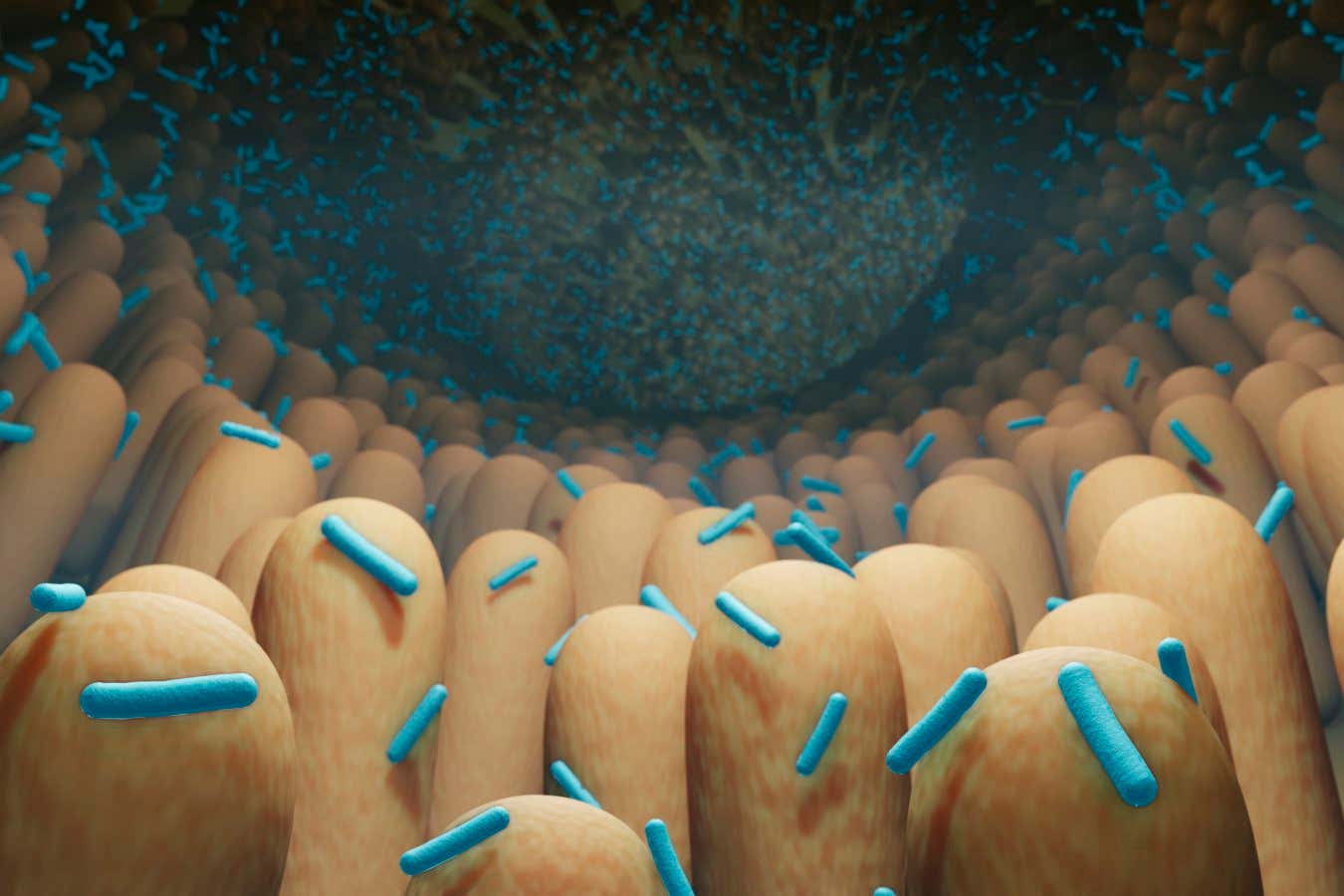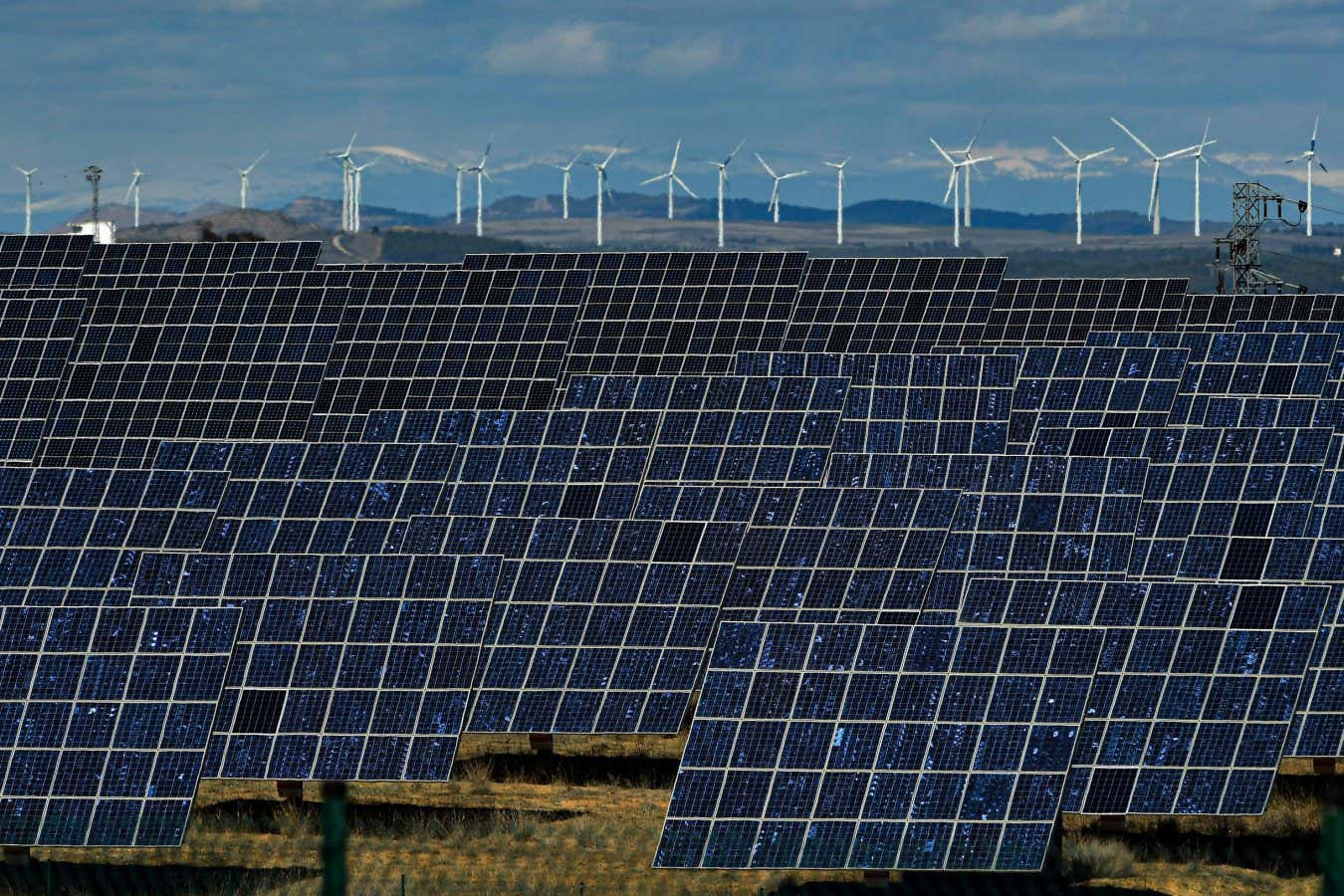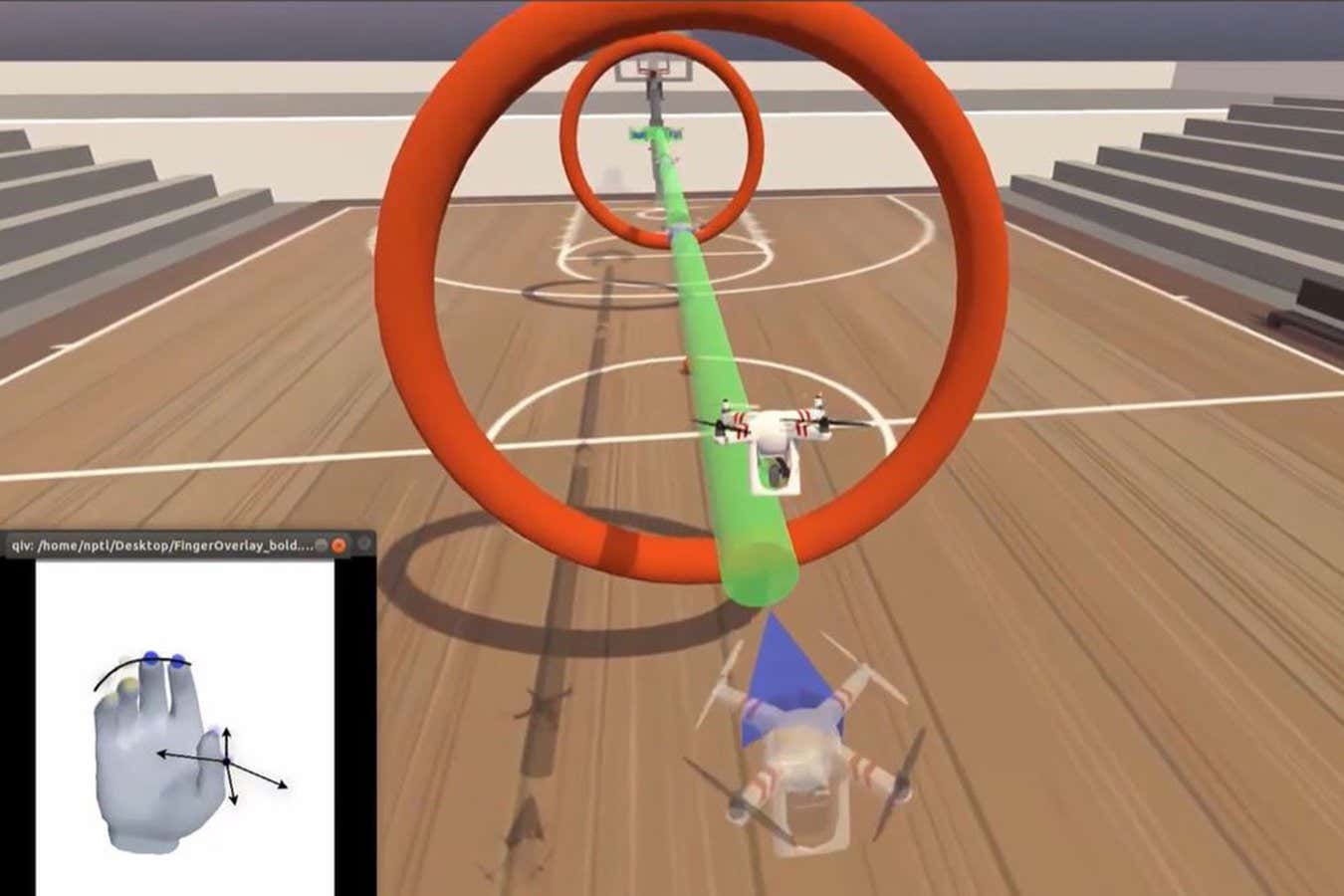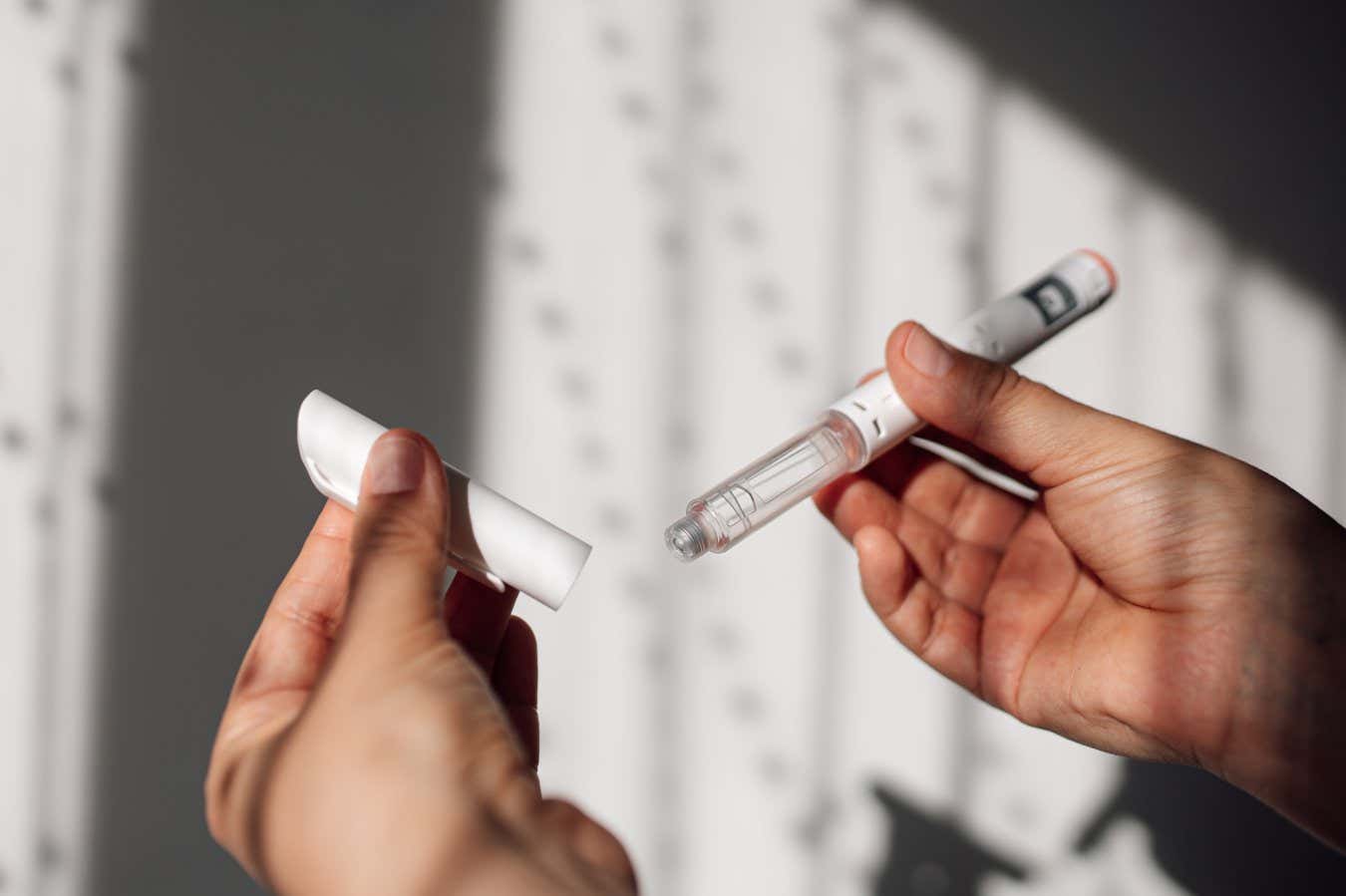The Supreme Court of India (SCI) has consistently held the cardinal principle of criminal law that ‘bail is the rule, jail an exception’, even in special statutes such as the Unlawful Activities (Prevention) Act, 1967 (UAPA) dealing with terrorism. Under UAPA, Section 43D(5) puts a statutory embargo, which is that on a perusal of the police diary and report, if there are reasonable grounds that the allegations are prima facie true, without going into the merits of the evidence, then the person shall not be granted bail. However, the infamous Bhima-Koregaon-Elgar Parishad case (2018) (BK-16) remains one of those peculiar cases where the Courts have consistently failed to uphold this principle.
In the BK-16, violence broke out on 1 January 2018 in Bhima Koregaon during the bicentennial celebrations of Dalit peoples commemorating the 1818 Battle of Koregaon. Reportedly, members of pro-Hindutva groups pelted stones, shouted political and religious slogans, and set public and private properties on fire. Two were registered: one against the pro-Hindutva group and another against “Leftist groups”. Investigation into only the latter FIR began.
Sixteen human rights defenders, Dalit rights activists and academics were arrested under UAPA and other offences under the Indian Penal Code, 1809 on alleged charges of: having links with the proscribed far-left outfit Communist Party of India (Maoist); inciting violence; waging war against the State; and the larger conspiracy to kill the Prime Minister of India-Narendra Modi.
Reportedly, their arrests, on the digital evidence retrieved from their electronic devices, have raised concerns about it being planted in their devices; as confirmed by digital forensic consulting company Arsenal Consulting.
Their trial has yet to begin seven years since they were arrested. So far, 7 out of the 16 have been awarded bail. Father Stan Swamy, an 86-year-old tribal rights activist, died as an undertrial prisoner, having suffered 270 days of incarceration awaiting medical bail.
A similar story is painted in the peculiar case of NIA v. Mahesh Sitaram Raut (2023). Mahesh Raut, a forest rights activist, was granted bail by the Bombay High Court on 21 September 2023. While the Court granted bail, observing that there was no prima facie evidence to conclude that he committed a terrorist act as under Section 15 of the UAPA, the judgment was kept in abeyance for one week for the National Investigation Agency (NIA) to challenge the judgment before the SCI. By then, Raut had already been imprisoned for 5 years and 3 months without trial.
By 27 September 2023, an appeal against the High Court’s order was admitted by the SCI, which extended the stay on the operation of the judgment to 5 October 2023. At the time of writing, the stay continues to be extended by default without any substantive hearing so far. As the NIA keeps shifting the blame for the delay in trial to the accused, there is an abject failure of the criminal justice system to expedite the prosecution even after the NIA was directed in 2022 to frame charges within 3 months.
In Arnab Manoranjan Goswami v. The State of Maharashtra & Ors (2020), the SCI remarked that Courts must be alive to the fact that while proper enforcement of criminal law is to be ensured, criminal law must not become a tool for selective harassment of citizens. It concluded, “deprivation of liberty for a single day is a day too many” (para 61).
In K.A. Najeeb’s case, the SCI held that the “presence of statutory restrictions like Section 43D(5) of the UAPA per se does not oust the ability of the Constitutional Courts to grant bail on grounds of violation of Part III of the Constitution” (para.18). It held that the rigours of such provisions will melt down where there is ‘no likelihood of trial being completed within a reasonable time’ and the ‘period of incarceration already undergone’ has exceeded a substantial part of the prescribed sentence. This approach is essential in safeguarding against the violation of Article 21 (right to life and personal liberty), including the fundamental right to a speedy trial.
While the BK-16 case is considered a stain on personal liberty and freedoms accorded by Part III of the Indian Constitution in the face of grave violations of the right to be tried within a reasonable time, Mahesh’s case is a reminder of how apex courts also play a role in violating the fair trial rights which they are obligated to protect. The least expected from the SCI now is to strictly apply the principle of K.A. Najeeb’s judgment, considering the draconian provisions of UAPA and the years of incarceration gone by which the law will not be able to compensate even if someday they are acquitted of all charges.










